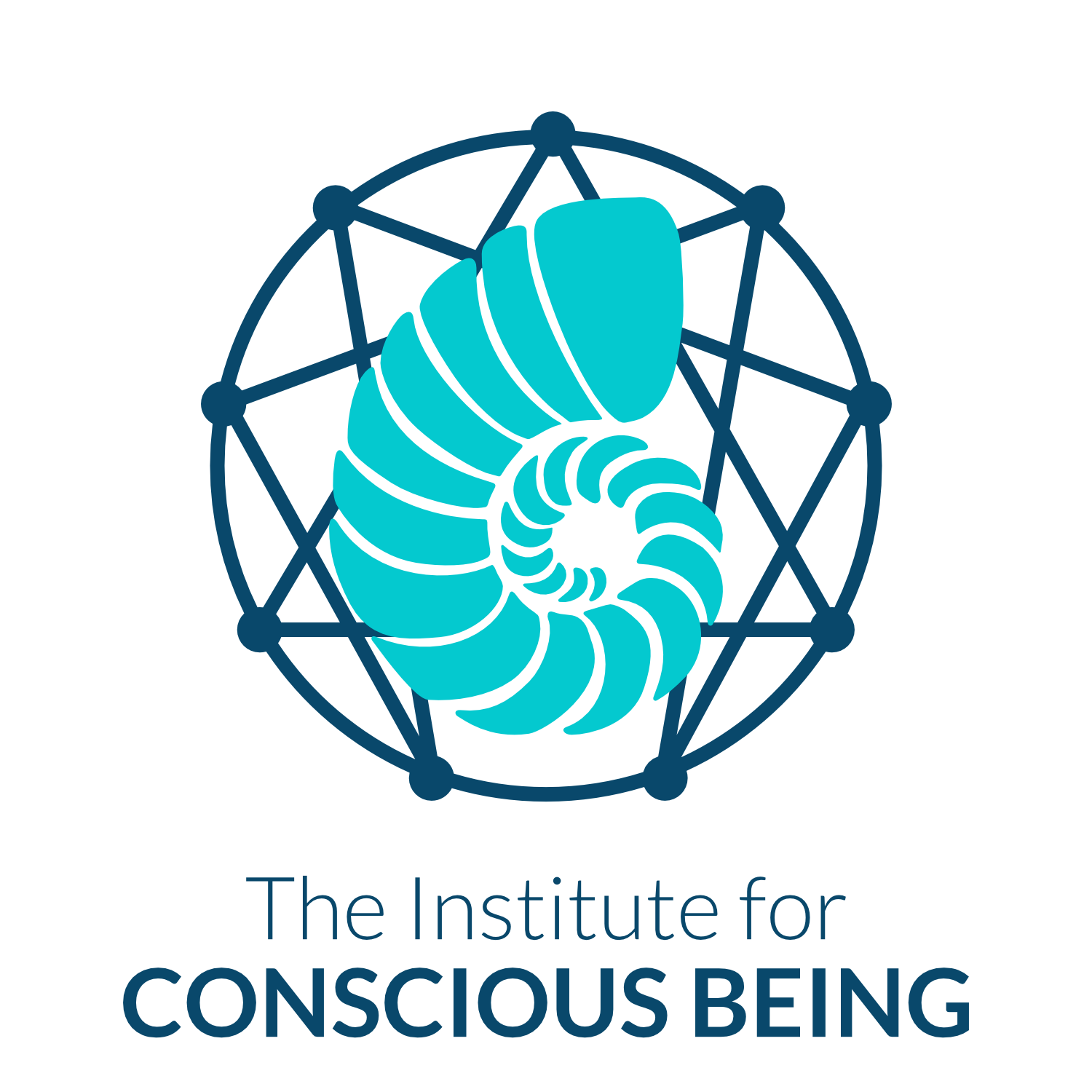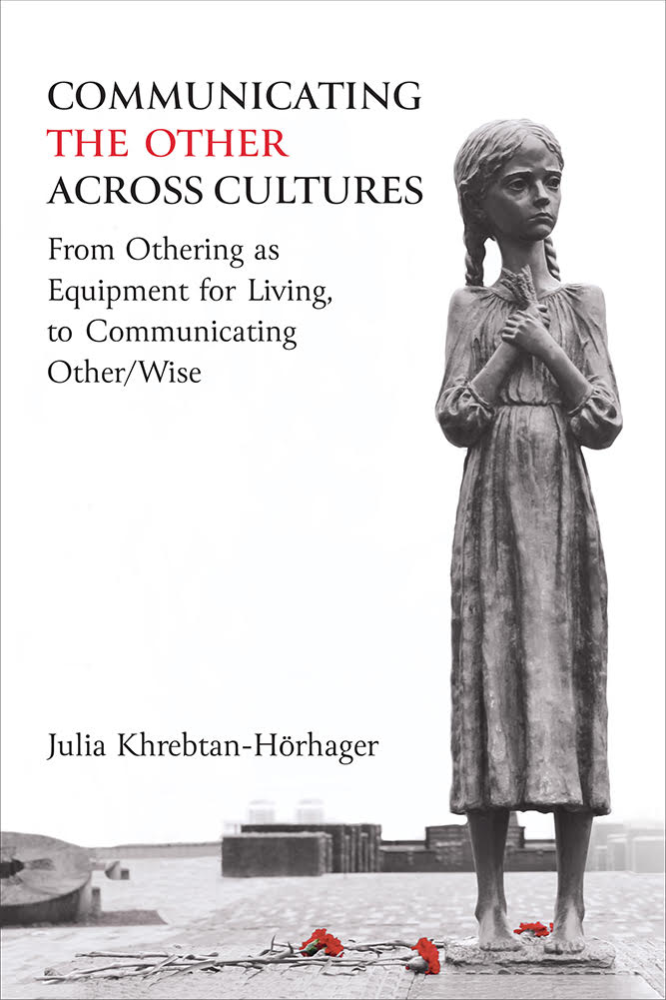The Other
February 18, 2024
The earliest known use of the verb "other" is from 1810, in the writing of Samuel Taylor Coleridge, poet, critic, and philosopher. Since then, "to other" someone or a group has become a well-known expression.
When someone is unknown, strange, or threatening, we tend to put them in a category separate from ourselves. Judging someone as different from us is frequently called "othering," which aims to protect us from being like the person who is unknown or different.
Othering puts distance between us and the other; the more distance between them and us, the less we identify with them, and the more we feel protected from them and their differences. One familiar reference to othering is the following sentence: "I can't imagine what they are going through." It may be more accurate to say, "It gives me great pain to imagine what they are going through."
We tend to others those going through catastrophe, difficulty, or other unfortunate circumstances, thus making them part of a category far away from us. This is why, in their advertisements, many charitable organizations humanize the people they help. In this way, we can understand that disease, disability, injury, or loss does not happen only to others but can happen to us as well. Some news organizations focus in on several families who have experienced a disaster. Once we see the plight of children, parents, and regular people just like us, we are more apt to know that they are not just "others."
When we other someone, it is likely that we are afraid that an aspect of them that frightens us will somehow also manifest in us. Therefore, we distance ourselves from them hoping we do not “catch” their problem.
Tat Tvam Asi is Sanskrit for “I am that too.” It echoes the same thought written by the Roman playwright Terrance in 165 B.C. “Homo sum: humani nihil a me alienum puto” Heauton Timorumenos, Act 1, science 1, line 77. “I am human, I consider nothing human alien to me.”
In this series, we reflect on the various aspects of othering.
Inquiry: What are some good reasons you would not want to "other"?
Dear God,
I am one of "the others". I understand and hope to comprehend even more of what that means for us all. Amen
To receive Dr. Howell’s Reflections in your inbox everyday, complete the form below to begin your journey into who God has made you to be. The path to wholeness starts now!


